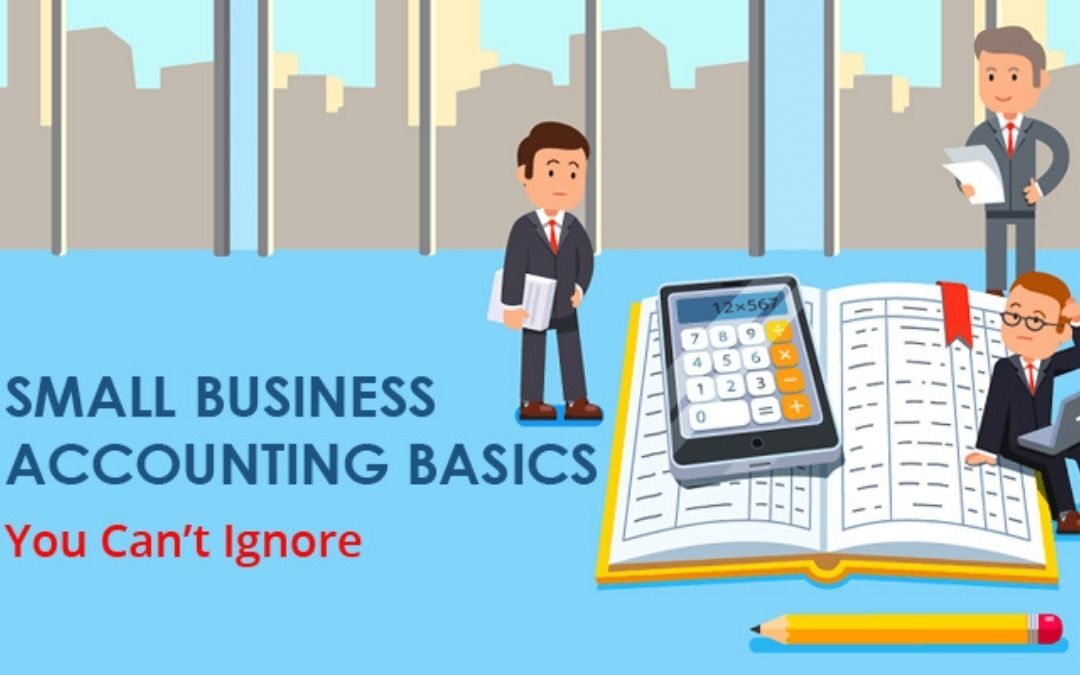The accounting for small business is completed by making accurate record of income and expenses and efficiently extracting the data from the business transactions.
This is a mandatory chore that assist small business entrepreneurs to track and handle their money wisely- especially in the early days of business. The accountants for small business also assist to generate invoices and to complete payroll. While talking about accounting for small business, following are basic three components of small business that are required to be understood:
HANDLING PROCESS OF ACCOUNTING
This process is categorised into different categories. The first one here would be order to cash. When the order is actually received from the customer, until; you get paid, there are some steps:
DOCUMENT EACH STEP OF PAYMENT PATH
You want to ensure that each step is documented in the way, as everyone whom you will hire in this process for auditing purposes will be required to follow this process. To exemplify, when you get an audit to be able present to an acquirer at some point, having an established process will make sure that there will be no risk of any fraud.
Handling Systems Accounting
The next phase is systems. Specifically, talking about systems means we are relating to the software. There’s software that handles a particular problem in any business and work as wonders and is important part of accounting services.
GENERAL LEDGER SOFTWARE FOR BASIC ACCOUNITNG
Sometimes you need basic accounting software that is GL or General Ledger Software or QuickBooks. However, there are some other solutions also that depend upon the type of business. You could have requirement of special billing software. You will require another software if your employees need to be reimbursed for expenses.
PAYROLL, BILLING AND REIMBURSEMENT
Payroll is a system that is required to get implemented at your business. The best practice is to integrate all the systems together to assist you to automate the processes.
Handling the Personal Accountant
In the conclusion the last thing to consider is the people who are going to perform the work. It depends upon the stage, size and the complexity of the business that either you require a full-time or a part-time resource.
CHIEF FINANCIAL OFFICER
At a very early stage you would not require CFO. He is a person who is responsible for the strategic vision and futuristic part of the business. CFOs may assist you to establish pricing models and the fundraising strategies to make you achieve the desired growth. However, bear in mind that a part-time CFO usually costs more than $200 every hour; it also depends upon the city in which you reside. He is responsible for everything financial at the business.
CONTROLLER
A controller assures best compliance and practices. Controller would be a person one level down from CFO. He is responsible for ensuring that all the accounting activity and finances are generally accepted accounting principles or GAP. If you are required to report financials to a bank or an investor, ensuring that those financial statements are accurate and authentic and are in compliance with GAP is critical for the business.
BOOKKEEPER
A Bookkeeper is responsible for managing the data and manually entering the data into the accounting systems by following the process established by you. Many of the systems available these days actually lower the requirement of a bookkeeper.
Final Quotes
The small business owners, who cannot afford to hire a professional accountant, may automate their small business accounting with any cloud-based accounting software applications.
However, hiring an accountant may save your time and money. By opting for effective accounting tools in your business, you’ll feel more confident in the future of your business and can plan for your own profitability.
Reliable Melbourne Accountants provides the best Accountants in Australia who may protect you from costly errors and you can gain valuable insights into the potential of your business.
Call now @ 1300 049 534 and mail: enquiry@rmelbourneaccountants.com.au

